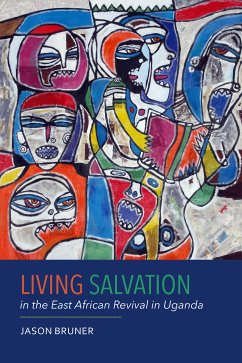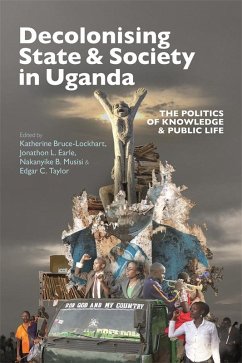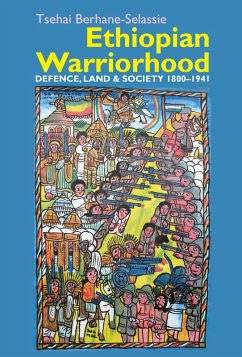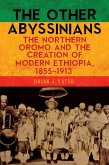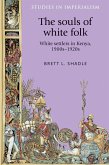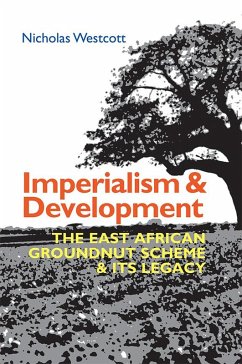Reexamines the first twenty years of the East African revival movement in Uganda, 1935-1955, arguing that through the movement African Christians articulated and developed a unique spiritual lifestyle.
Starting in the mid-1930s, East African revivalists (or, Balokole: "the saved ones") proclaimed a message of salvation, hoping to revive the mission churches of colonial East Africa. Frustrated by what they believed to be the tepid spiritual state of missionary Christianity, they preached that in order to be saved, converts had to confess publicly the specific sins they had committed, putting them "in the light." By "walking in the light" with other revival brethren, converts reoriented their lives, articulating this reorientation in the stark terms of light and darkness: they had left their dark past and now lived in the light of salvation.
This book uses missionary and Colonial Office archives, contemporary newspapers, archival collections in Uganda, anthropologists' field notes, oral histories, and interviews by the author in order to reexamine the first twenty years of the East African revivalmovement (roughly, 1935-1955). Focusing upon the creative, controversial, and remarkable efforts of the ordinary African Christians who comprised the vast majority of the movement, it challenges previous historical analyses that have seen in the revival the replication of British evangelical holiness spirituality or, alternatively, a manifestation of late colonial dissent. Instead, this study argues, the Balokole revival was a movement through which African Christians articulated and developed a unique spiritual lifestyle, one that responded creatively to the sociopolitical contexts of late colonial East Africa.
Jason Bruner is Assistant Professor of Global Christianityat Arizona State University.
Starting in the mid-1930s, East African revivalists (or, Balokole: "the saved ones") proclaimed a message of salvation, hoping to revive the mission churches of colonial East Africa. Frustrated by what they believed to be the tepid spiritual state of missionary Christianity, they preached that in order to be saved, converts had to confess publicly the specific sins they had committed, putting them "in the light." By "walking in the light" with other revival brethren, converts reoriented their lives, articulating this reorientation in the stark terms of light and darkness: they had left their dark past and now lived in the light of salvation.
This book uses missionary and Colonial Office archives, contemporary newspapers, archival collections in Uganda, anthropologists' field notes, oral histories, and interviews by the author in order to reexamine the first twenty years of the East African revivalmovement (roughly, 1935-1955). Focusing upon the creative, controversial, and remarkable efforts of the ordinary African Christians who comprised the vast majority of the movement, it challenges previous historical analyses that have seen in the revival the replication of British evangelical holiness spirituality or, alternatively, a manifestation of late colonial dissent. Instead, this study argues, the Balokole revival was a movement through which African Christians articulated and developed a unique spiritual lifestyle, one that responded creatively to the sociopolitical contexts of late colonial East Africa.
Jason Bruner is Assistant Professor of Global Christianityat Arizona State University.
Dieser Download kann aus rechtlichen Gründen nur mit Rechnungsadresse in A, D ausgeliefert werden.

